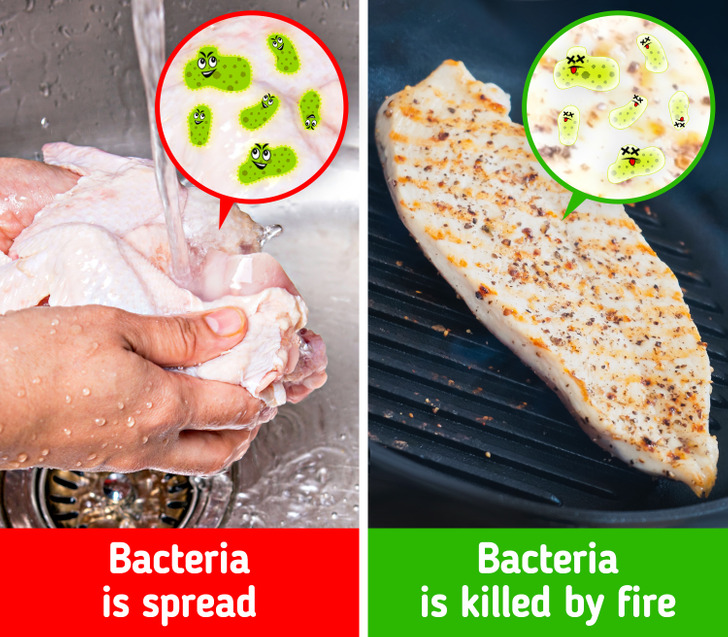What Foods You Should and Should Not Rinse Before Cooking
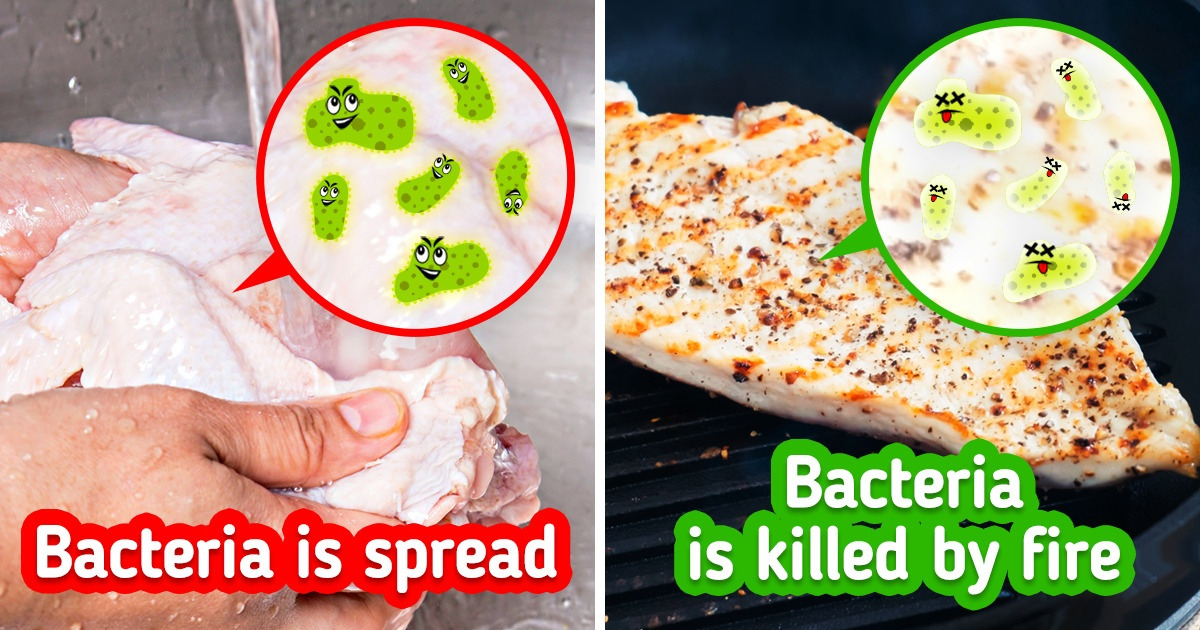
When you’re cooking or preparing food, cleanliness is essential. Keeping your kitchen clean will prove useful against bacteria and the risk of cross-contamination. However, not all food works in the same way, and rinsing certain foods will actually increase the risk of contamination in your kitchen.
5-Minute Crafts has prepared a guide highlighting 5 foods that should be rinsed before consumption, and 5 foods that you should refrain from rinsing.
1. Do rinse: produce
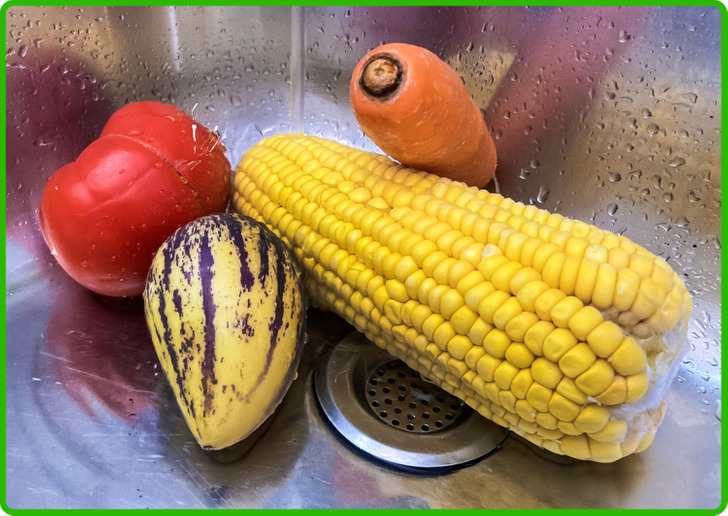
One of the main food groups that you should always rinse before eating or preparing are fruits and vegetables. Produce often contains bacteria that was present in the soil, as well as bacteria from animals and insects that could have interacted with it at some point. No exceptions apply here; you should wash produce even if their skin isn’t edible, as peeling or cutting them can transfer the bacteria to the inside of the fruit.
There are different ways to clean produce, depending on the fruit or vegetable. In general, rinsing produce under cold water works fine, though thick-skinned produce can also be cleaned with the help of a soft brush. Avoid using soap or cleaning products.
2. Do rinse: fresh herbs
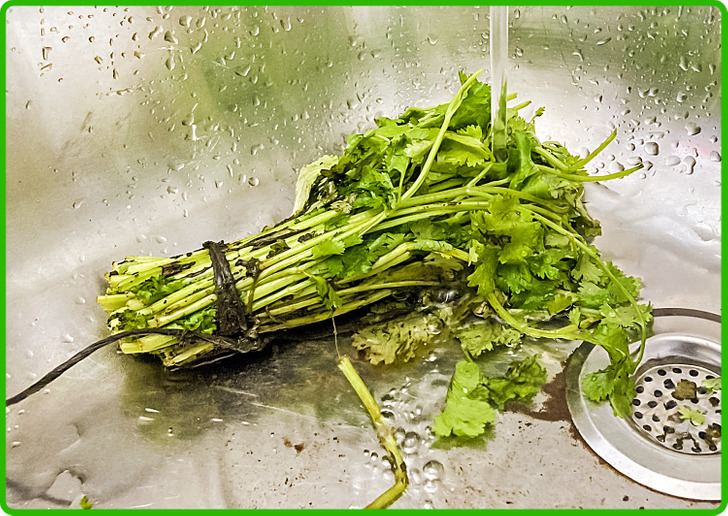
Herbs such as parsley, cilantro, and oregano should also be rinsed after you buy them, mainly because it’s likely that they still have dirt and bacteria on their surface. Rinsing herbs also rehydrates their leaves, allowing them to stay fresh for longer.
After rinsing and drying your fresh herbs, roll them up in a bundle with damp paper towels and keep them in a plastic bag. This will make your herbs stay fresh for longer while in the fridge.
3. Do rinse: canned foods and drinks
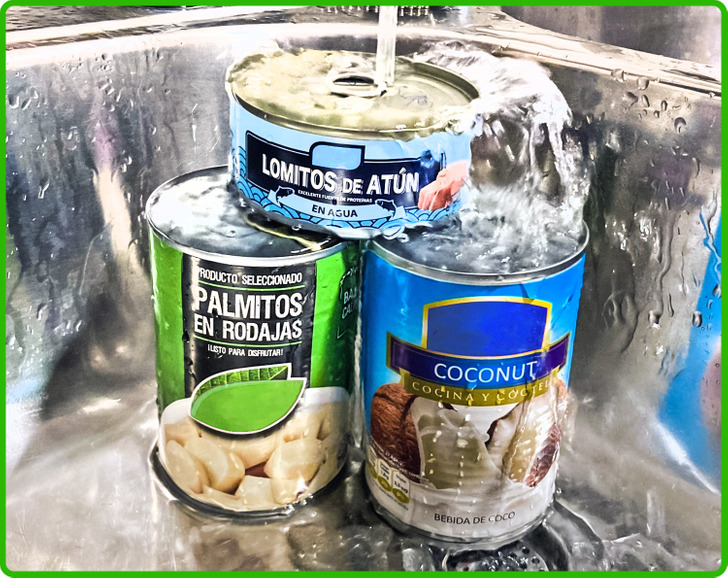
All kinds of canned foods should be rinsed before you open them. If you don’t rinse them properly, bacteria and other particles resting on the can lid can contaminate what’s inside. The same applies to canned drinks since the lid, which often comes in direct contact with your mouth, also comes in contact with dust and bacteria.
You should also consider rinsing the inside contents of some canned foods, such as beans. The liquid these food items are preserved in is often very high in sodium, but rinsing them can reduce sodium by half.
4. Do rinse: shellfish
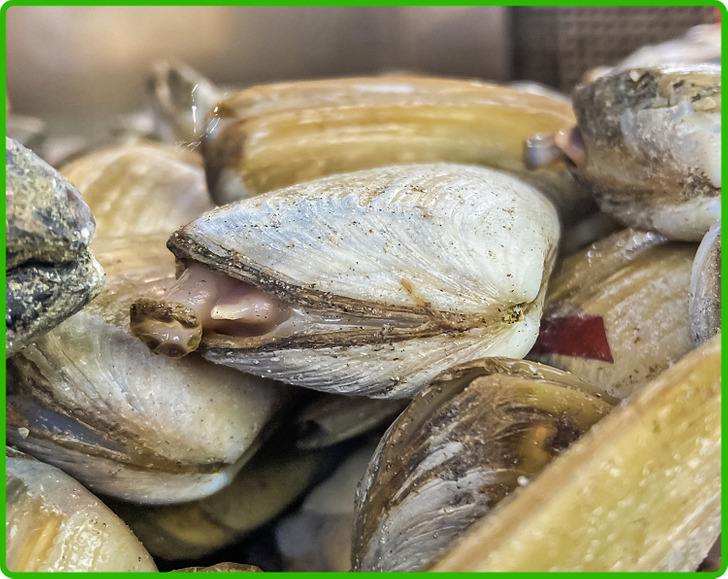
This applies especially to mollusks such as clams, oysters, and mussels. You should always rinse the outside of shellfish because their shells often have remains of sand and grit. A recommended way of doing this is rinsing them under cold water first, and then putting them in a pot with cold water and salt in the fridge for half an hour. This should let sediment accumulate at the bottom of the pot. After this, give them one last rinse before cooking.
5. Do rinse: grains
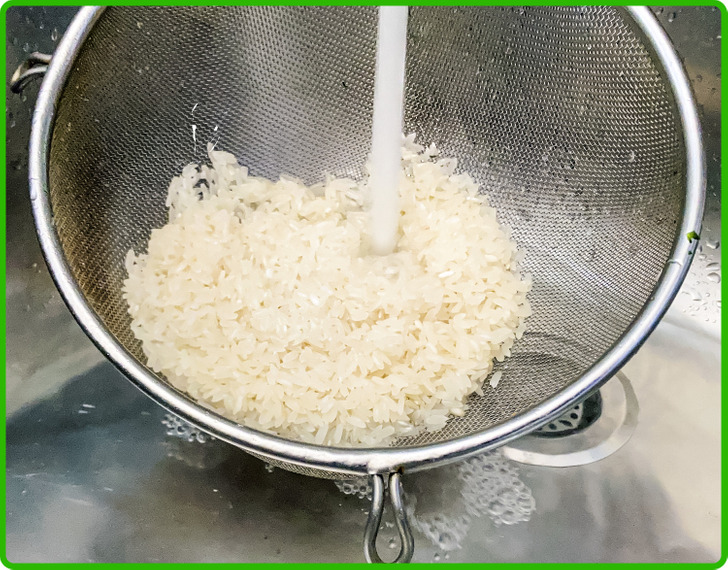
While it is dependent on your country’s packing procedures or the recipe you’re preparing, it is still advised that you rinse grains to remove debris and other unpleasant particles. Certain grains, like quinoa, have a natural coating that give it a bitter flavor if it isn’t rinsed. Rinsing grains is particularly necessary if you’re celiac, as it lessens the possibility of accidental exposure to gluten.
Another grain that is recommended to rinse is rice. Aside from removing debris, rinsing rice a couple of times will help you get rid off any excess starch, which will allow your rice to reach a fluffier, less sticky texture.
6. Don’t rinse: meat and poultry
Rinsing any meat or poultry might seem like it will at least help in eliminating bacteria, but it is actually the other way around. Washing meat products spreads bacteria around your kitchen, thereby increasing the risk of cross-contamination. These products are thoroughly washed during processing, so cooking them will be enough to kill any remaining bacteria.
- Beef, pork, lamb, and veal should be cooked to an internal temperature of at least 145°F.
- Ground meats are safe to eat at 160°F.
- Poultry should be cooked to at least 165°F.
- All fish should be cooked to 145°F or more.
7. Don’t rinse: prewashed produce
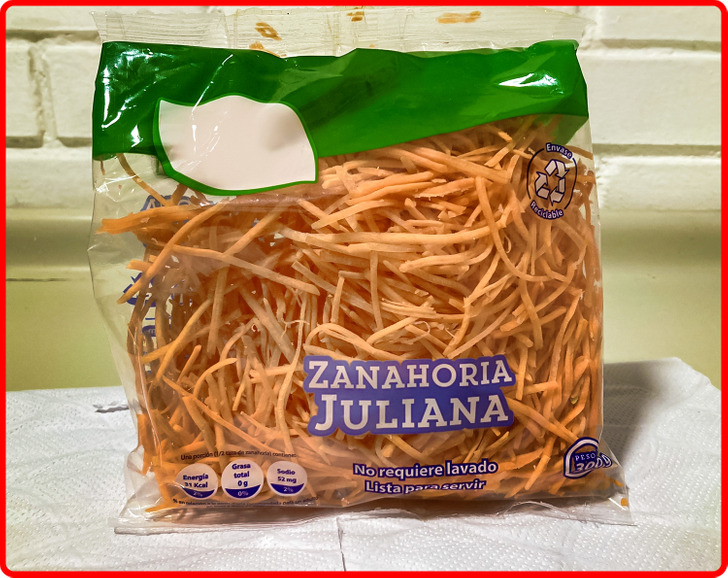
Produce or salads should not be rinsed if the packaging states that it has been prewashed or that its contents are ready to eat. They are safe to eat right away because they have been washed with safe chemicals and rinsed multiple times.
If anything, rinsing prewashed produce will only increase the risk of contamination, because you would be putting already clean food in contact with surfaces in your kitchen that are potentially contaminated.
8. Don’t rinse: eggs
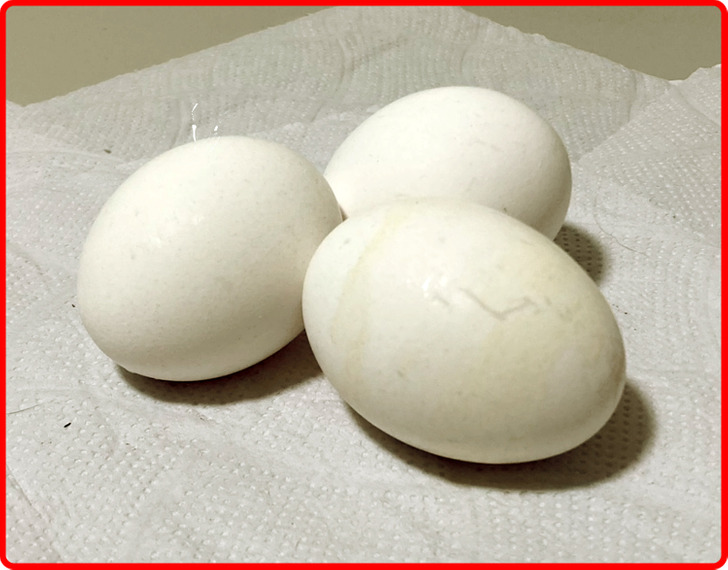
Right before laying an egg, hens add the bloom or cuticle, a protective layer that coats the egg and prevents bacteria from permeating its pores. In the case of store-bought eggs, the bloom is replaced with a coating of edible mineral oil that serves the same purpose and allows you to keep your eggs safe. Any further handling of eggs puts them at risk of cracking and cross-contamination.
9. Don’t rinse: mushrooms
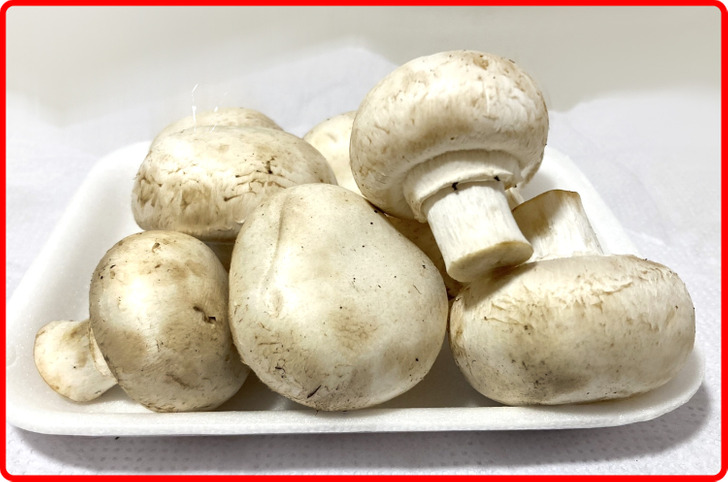
The main reason why you shouldn’t rinse your mushrooms is because of their absorbent qualities; putting them in contact with water will negatively impact their flavor and texture. What’s more, the dampness will only accelerate the rate with which they start decomposing.
It is still recommended that you clean your mushrooms before cooking—just don’t put them in contact with water. You can use paper towels or a soft brush to dry-clean them instead.
10. Don’t rinse: pasta
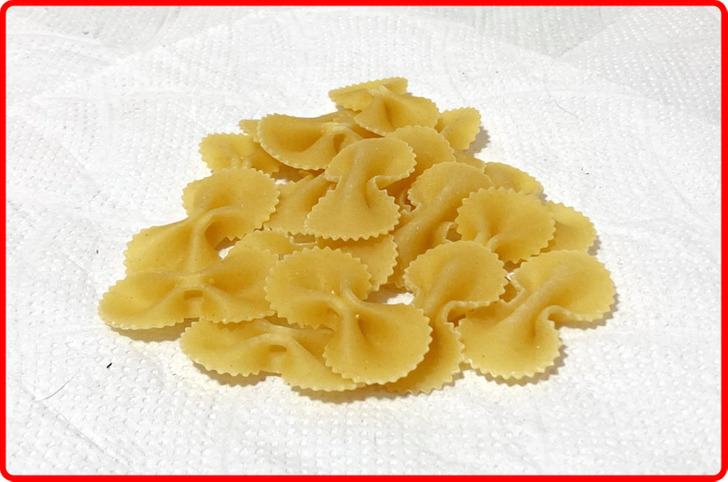
Whether it’s before or after you cook it, rinsing pasta will not offer any benefit in terms food safety. The only thing that it will do is wash away the much needed starch that helps the sauce cling to your noodles. In fact, it is recommended that you leave a bit of the cooking water in the noodles for this same purpose.
